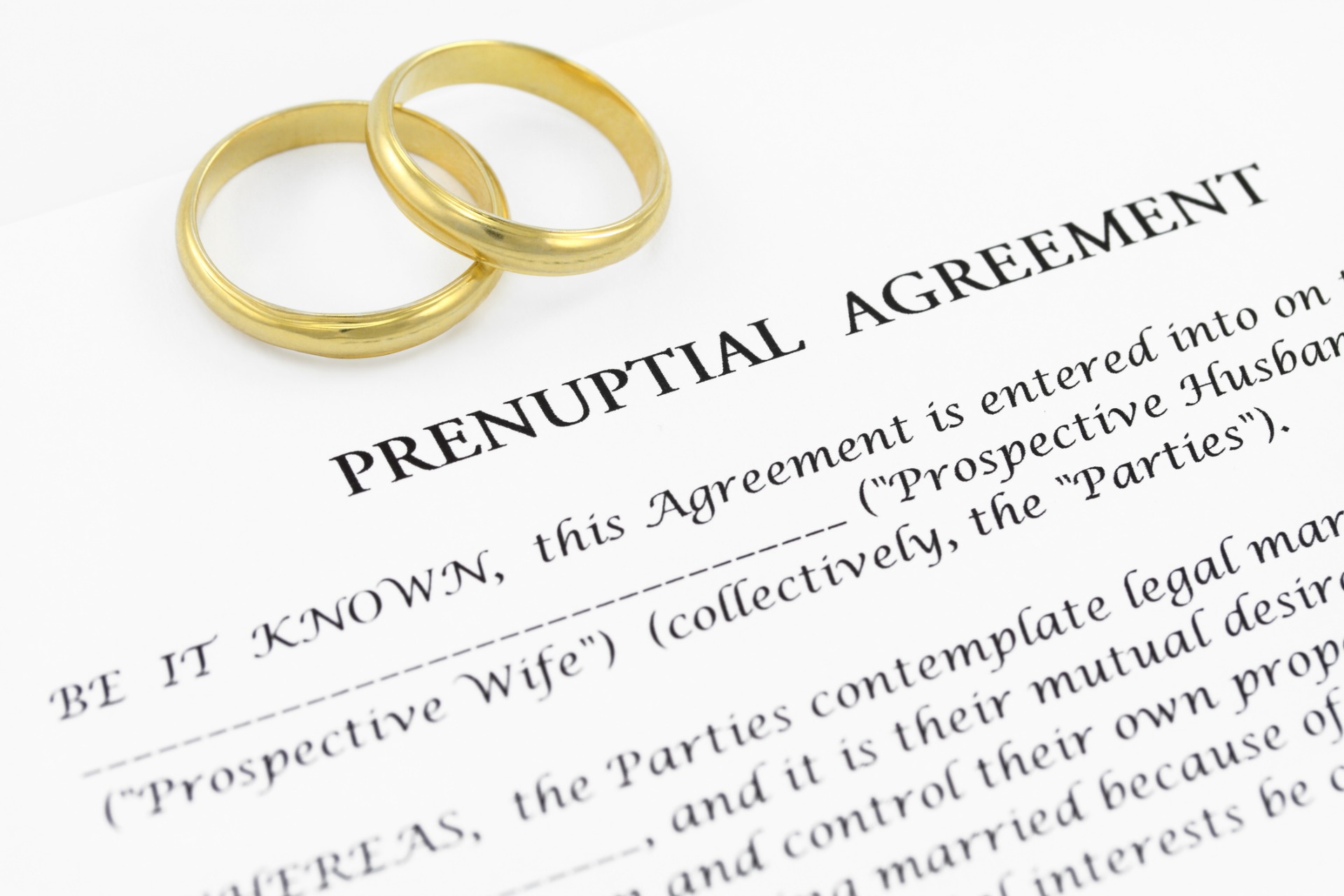While the two terms restraining order and order of protection are often used interchangeably, in Illinois they are two very different things. Below, we will explain the difference.
What is a Restraining Order in Illinois Law?
A restraining order is a broad term to cover orders by a civil court to enforce someone to do or not do something. These orders are more typically seen in divorce cases, rather than abuse cases, but not always. An example of a restraining order in Illinois might be to restrain a spouse from cancelling an insurance policy.
Restraining orders might be the term you are more familiar with, but it is likely that what you are really thinking of is an order of protection.
What is an Order of Protection in Illinois Law?
An order of protection is a very specific type of order issued by an Illinois court to keep someone safe from domestic violence from another member of the family or household. They come with harsher penalties than restraining orders and are also more easily enforceable.
An order of protection can be issued against family or household members who:
- Are related by blood, or by current or former marriage to the offender
- Share or shared a common home with the offender
- Have or allegedly have a child in common with the offender
- Share or allegedly share a blood relationship to the offender through a child
- Have or had a dating relationship or engagement with the offender
- Are high risk adults with disabilities abused by a family member or caregiver
How Does an Order of Protection Protect a Victim?
An order of protection can vary depending on the circumstances.
There are multiple reasons an order might be issued including ordering an offender to:
- Stop abusive acts or threats
- Stay away from the victim and other people protected by the order, such as minor children of the petitioner and anyone who lives with them
- Stop contacting the victim
- Stay away from the victim’s home, school, or work
- Enter counseling or treatment
- Pay child support or relinquish temporary custody of child
- Return or stay away from the property
- Move out of a home shared with the victim
Are There Different Types of Orders of Protection in Illinois?
Yes, Illinois has three basic types of order of protection: Emergency Orders of Protection, Interim Orders of Protection, and Plenary Orders of Protection. They differ mainly in the time for which the order is effective and the type of protections that can be granted.
Emergency Orders of Protection cover the time period before a respondent is able to be properly served with the Petition for Orders of Protection.
Interim Orders of Protection cover the period between when a respondent is served with their petition and when a final hearing has taken place.
Plenary Orders of Protection is the final order given by the court after a full hearing.
What Are the Consequences for Violating an Order of Protection?
Violating an order of protection comes with serious consequences. The first violation is a Class A misdemeanor, which could include jail time for the offender of up to 364 days and a fine. A subsequent violation is a Class 4 felony and the offender can see increased jail time and a permanent criminal record.
Finding Help for Victims of Domestic Violence
If you or someone you know is experiencing domestic violence or a violation of an Illinois Order of Protection, don’t wait to get help.
Contact the Law Office of David A. King, P.C. right away. Our attorneys have your safety and security as our number one priority and will advocate for your physical safety and legal rights.




